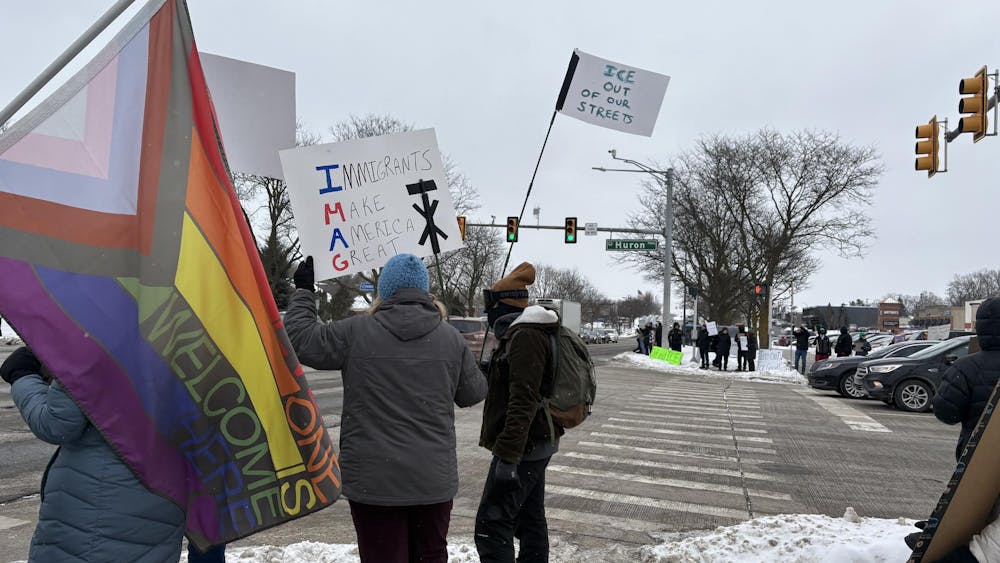On Sept. 26, 2014, 43 students disappeared from Rural Normal Isidro Burgos in Ayotzinapa, Mexico, and many people have blamed the local police. That was about the time that the gang violence in the country got so bad that mass graves were being unearthed every so often.
The event is being hosted by professor Richard Stahler-Sholk who will be joining the sponsor, Michigan Solidarity Network with Mexico, for a documentary, “The Missing 43: Mexico's Disappeared Students.” The documentary will go in-depth about the circumstances regarding the students disappearance, corruption in Mexico and the links the Mexican government has with the United States.
The 43 students were training to be rural teachers. Stahler-Sholk says that schools like this have traditionally been targeted by the government which sees them as hotbeds of descent.
"EMU started as a teachers college. These students were at a teacher's college," Stahler-Sholk said. "They have to work while they're in school. It's an institution which has a lot of parallels to EMU. And the targeting of students is something I think is of concern to students everywhere”
After the incident, nationwide protests led to President Enrique Peña-Nieto to promise top to bottom police reform. Administration after administration in Mexico have promised the same thing. Stahler-Sholk was skeptical about it.
"The United States and Mexico - the governments and the two economies - are very closely tied together. The United States has been promoting a particular economic model," Stahler-Sholk said. "The so-called free trade model, since the North American Free Trade Agreement, that's had a major impact and I would say a negative impact for many of the poor in Mexico."
According to Mexican officials, the students were abducted and their bodies were disposed by cremation. But Stahler-Sholk says that the government's story doesn't make sense scientifically. If the students were cremated, then it is possible that the students were disposed of on an army base that is nearby. The base has cremating facilities and the Mexican military has refused to allow the base to be inspected.
"And the U.S. is a major supplier of military aid to Mexico," Stahler-Sholk said, "suggesting that the bodies might have been disposed of on the military base, because the military has high temperature crematoria. The fact that the U.S. is funding and arming the Mexican military makes it not just a Mexican issue but a U.S. issue as well."
The event is going to go from 9:30 a.m. to 10:45 a.m. on Feb. 19 in Marshall room 119.
"I think in this day and age of globalization, issues anywhere are of concern to people everywhere," Stahler-Sholk said. "As Martin Luther King pointed out, an injustice done to anyone is an injustice everywhere. Human rights are universal."









